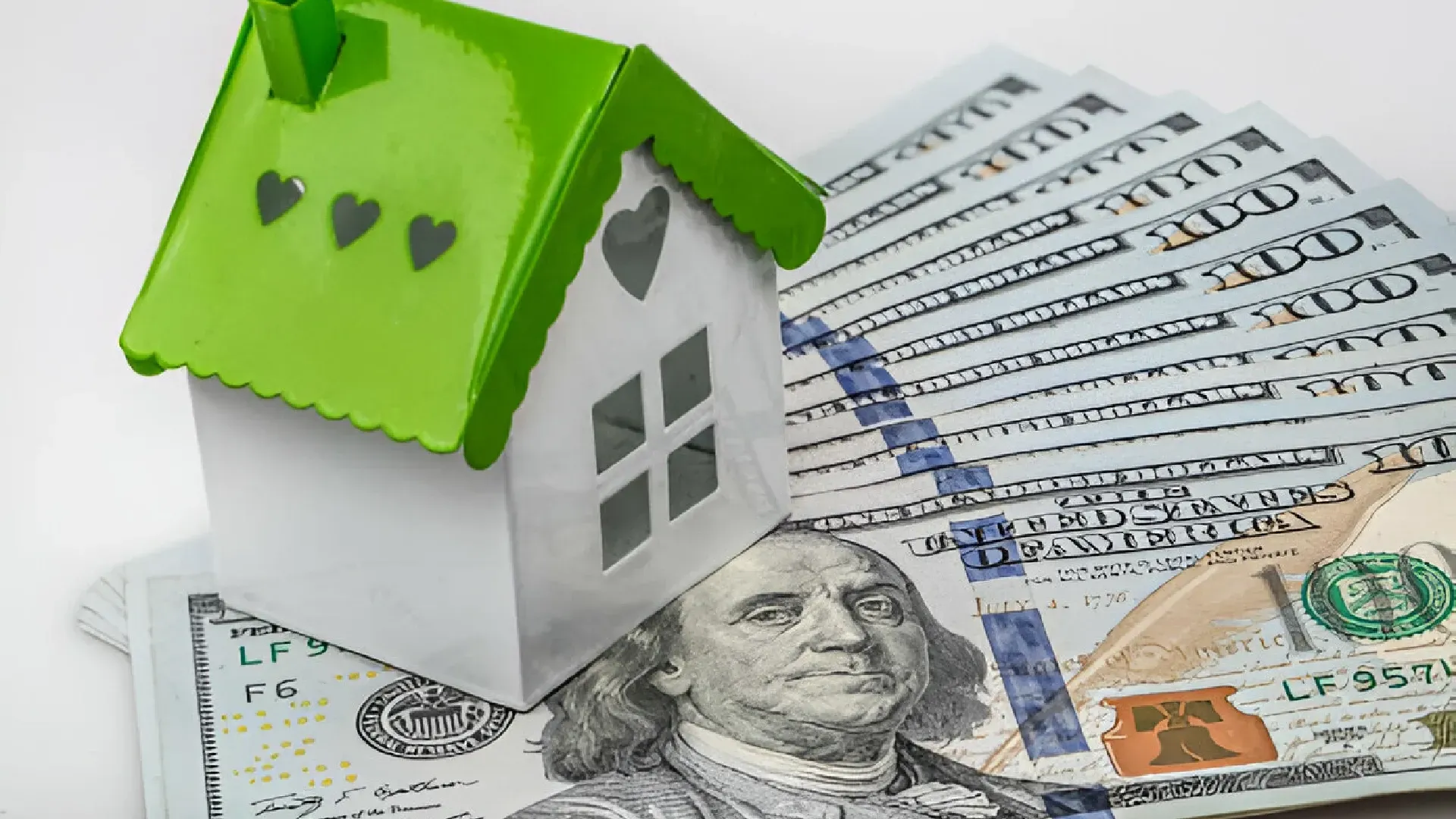The Art of Apartment Investing

Investing in real estate, particularly apartments, can be a lucrative venture if approached with a strategic mindset. However, the success of such investments hinges on the ability to evaluate deals effectively. In this comprehensive guide, we will delve into the key aspects of evaluating an apartment investment deal, providing insights and practical tips for making informed decisions.
1. Market Analysis
Before diving into a specific apartment deal, it's crucial to conduct a thorough market analysis. Evaluate the local real estate market trends, demographics, and economic indicators. Look for areas with steady job growth, low unemployment rates, and a positive economic outlook. Understanding the market dynamics will give you a foundation for assessing the potential for rental income and property appreciation.
2. Location Matters
The adage "location, location, location" holds true in real estate. Analyze the neighborhood where the apartment is situated. Consider factors such as proximity to public transportation, schools, shopping centers, and amenities. A well-located property is more likely to attract tenants and appreciate in value over time.
3. Property Condition and Age
Evaluate the condition of the apartment building and its age. A thorough inspection is essential to identify any potential issues that might require costly repairs. Older buildings may have charm but could come with maintenance challenges. Understanding the property's condition will help you estimate repair costs and factor them into your overall investment analysis.
4. Unit Mix and Size
Analyze the unit mix and sizes within the apartment building. A diverse unit mix, including one, two, and three-bedroom units, can attract a broader range of tenants. Consider the average size of the units and whether they meet the local demand. Understanding the market preferences will help you tailor your investment strategy accordingly.
5. Historical Financial Performance
Examine the historical financial performance of the property. Request financial statements, rent rolls, and operating expenses for the past few years. Look for consistent and growing rental income, as well as a manageable expense ratio. Analyzing historical data provides insights into the property's financial stability and potential for future returns.
6. Cap Rate and Cash Flow Analysis
Calculate the capitalization rate (cap rate) to assess the property's potential return on investment. Cap rate is calculated by dividing the property's net operating income (NOI) by its current market value. Additionally, conduct a cash flow analysis, taking into account mortgage payments, property management fees, and other expenses. Positive cash flow is crucial for sustaining the investment over the long term.
7. Financing Options
Explore financing options to determine the most cost-effective solution for your investment. Evaluate interest rates, loan terms, and the impact on your overall cash flow. Understanding the financing aspect is crucial for optimizing your return on investment and managing your financial risk.
8. Future Growth Potential
Assess the potential for future growth in the area. Look for upcoming developments, infrastructure projects, and changes in zoning regulations. A neighborhood with planned improvements and growth is more likely to experience an increase in property values, benefiting your investment over time.
9. Legal and Regulatory Compliance
Ensure that the apartment property complies with all local regulations and zoning laws. Check for any pending legal issues or violations. Non-compliance can lead to fines and legal complications, impacting the overall viability of the investment.
10. Exit Strategy
Have a clear exit strategy in mind before making the investment. Whether you plan to hold the property long-term, sell it for a profit, or explore other options, a well-defined exit strategy will guide your decisions and maximize returns.
Conclusion
Investing in apartment properties requires a meticulous evaluation process. By thoroughly analyzing the market, property condition, financial performance, and other crucial factors, you can make informed decisions that align with your investment goals. Remember, successful apartment investing is not just about finding a good deal; it's about understanding the intricacies of the market and making strategic decisions that stand the test of time.






